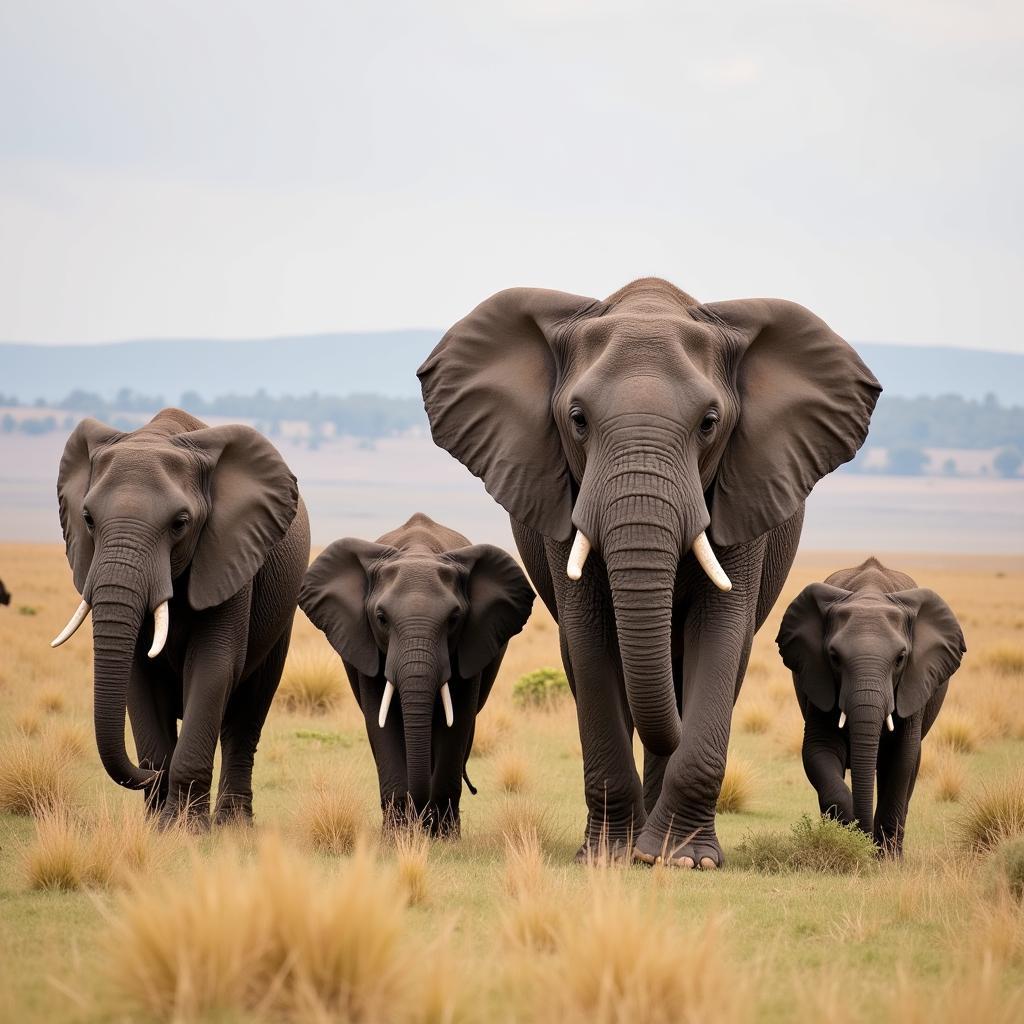African American Lives: The Struggle for Freedom
The African American experience in the United States is a complex tapestry woven with threads of resilience, resistance, and a relentless pursuit of freedom. From the brutal legacy of slavery to the ongoing fight for equality, African Americans have endured centuries of oppression and have continually strived to break free from the chains of injustice. This journey towards liberation is a story of courage, innovation, and a deep-seated yearning for a better future.
From Enslavement to Emancipation
The story of African Americans in America begins with the tragic reality of slavery, a brutal system that stripped individuals of their humanity and denied them basic rights. For over two centuries, millions of Africans were forcibly brought to the Americas, their lives reduced to the status of property. This period was marked by unimaginable hardship and suffering, as enslaved Africans were subjected to forced labor, physical abuse, and the constant threat of separation from loved ones.
The Seeds of Resistance
Despite the horrors of enslavement, a spirit of resistance began to emerge. Enslaved Africans found ways to assert their humanity, whether through acts of defiance, cultural preservation, or the creation of underground networks of escape. Figures like Harriet Tubman and Frederick Douglass became symbols of resistance, risking their lives to guide others towards freedom on the Underground Railroad.
The Civil War and Reconstruction
The Civil War (1861-1865) was a watershed moment in the fight for African American freedom. The conflict, sparked by the issue of slavery, ultimately resulted in the emancipation of millions of enslaved people. The Reconstruction era (1865-1877) that followed sought to rebuild the nation and ensure equal rights for African Americans.
The Promise of Equality
During Reconstruction, African Americans made significant strides in education, politics, and economic participation. They elected representatives to Congress, founded schools and churches, and worked to build a new life for themselves. However, the promise of equality was short-lived. As the South returned to white control, the Reconstruction era came to an abrupt end, and the fight for equal rights continued.
The Jim Crow Era and the Civil Rights Movement
The late 19th and 20th centuries saw the rise of Jim Crow laws, a system of segregation and discrimination designed to disenfranchise African Americans and perpetuate white supremacy. This era witnessed the resurgence of racial terrorism, including lynchings, segregation, and disenfranchisement.
The Rise of a Movement
Despite the oppression, African Americans continued to fight for their rights. The Civil Rights Movement, ignited by figures like Martin Luther King Jr., Malcolm X, and Rosa Parks, emerged as a powerful force for change. Through peaceful protests, boycotts, and legal challenges, the movement brought the issue of racial injustice to the forefront of the national conscience.
The Legacy of Struggle and Resilience
The African American struggle for freedom has been a long and arduous journey, marked by both setbacks and triumphs. It is a testament to the strength, resilience, and unwavering belief in the promise of equality.
Lessons of the Past
The story of African American lives is a powerful reminder of the enduring struggle for freedom and equality. It highlights the importance of fighting for justice, challenging oppression, and creating a society where all individuals are treated with dignity and respect.
FAQ
- What were the key events that led to the end of slavery in the United States? The Civil War, sparked by the issue of slavery, ultimately led to the emancipation of millions of enslaved people. The 13th Amendment to the Constitution, ratified in 1865, officially abolished slavery in the United States.
- How did African Americans fight for their rights during the Jim Crow era? Despite the oppressive system of segregation and discrimination, African Americans found ways to resist. They established organizations like the NAACP (National Association for the Advancement of Colored People), participated in boycotts and protests, and sought legal challenges to overturn discriminatory laws.
- What are some of the ongoing challenges faced by African Americans in the United States today? Despite significant progress, African Americans continue to face systemic racism and inequality in areas such as education, healthcare, housing, and criminal justice. The fight for true equality and justice remains an ongoing struggle.
Conclusion
The story of African American lives is a testament to the enduring power of the human spirit. It is a story of resilience, resistance, and the unwavering pursuit of freedom. While the journey has been long and arduous, the legacy of the struggle for freedom inspires us to continue working towards a future where all individuals are treated with respect, dignity, and equality.

